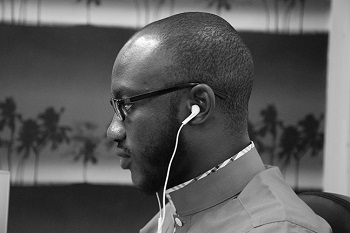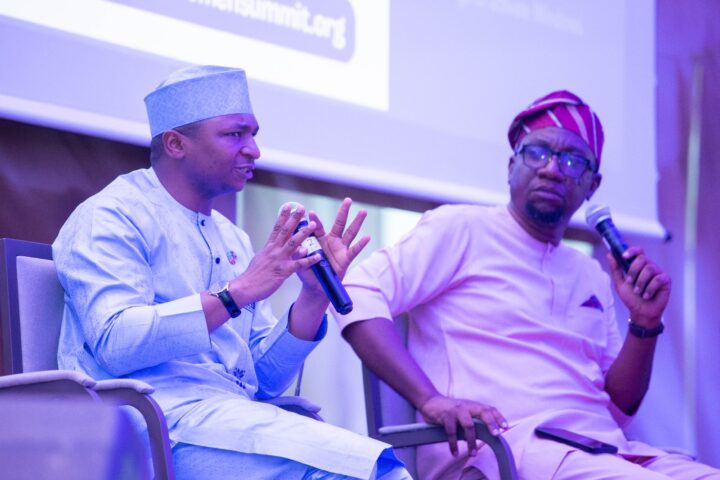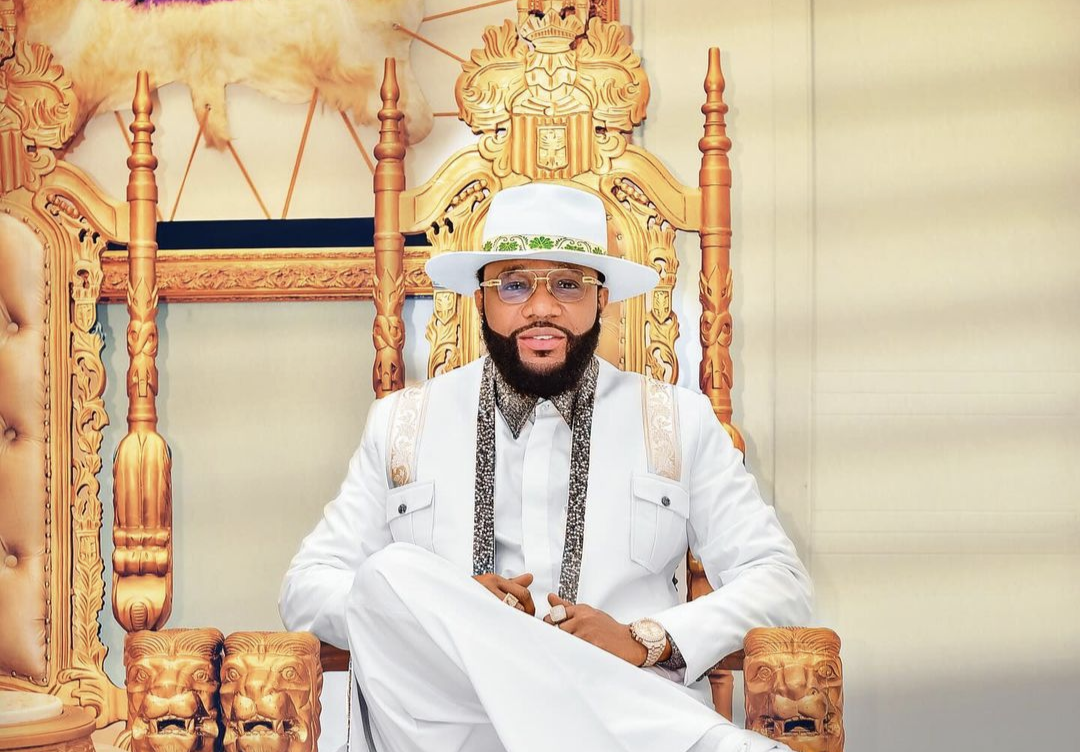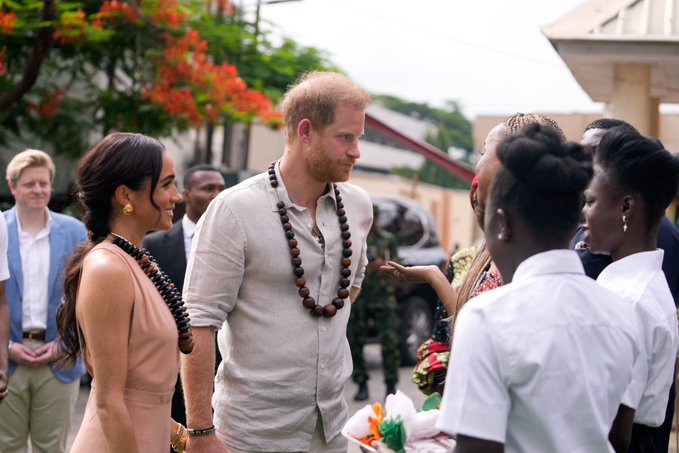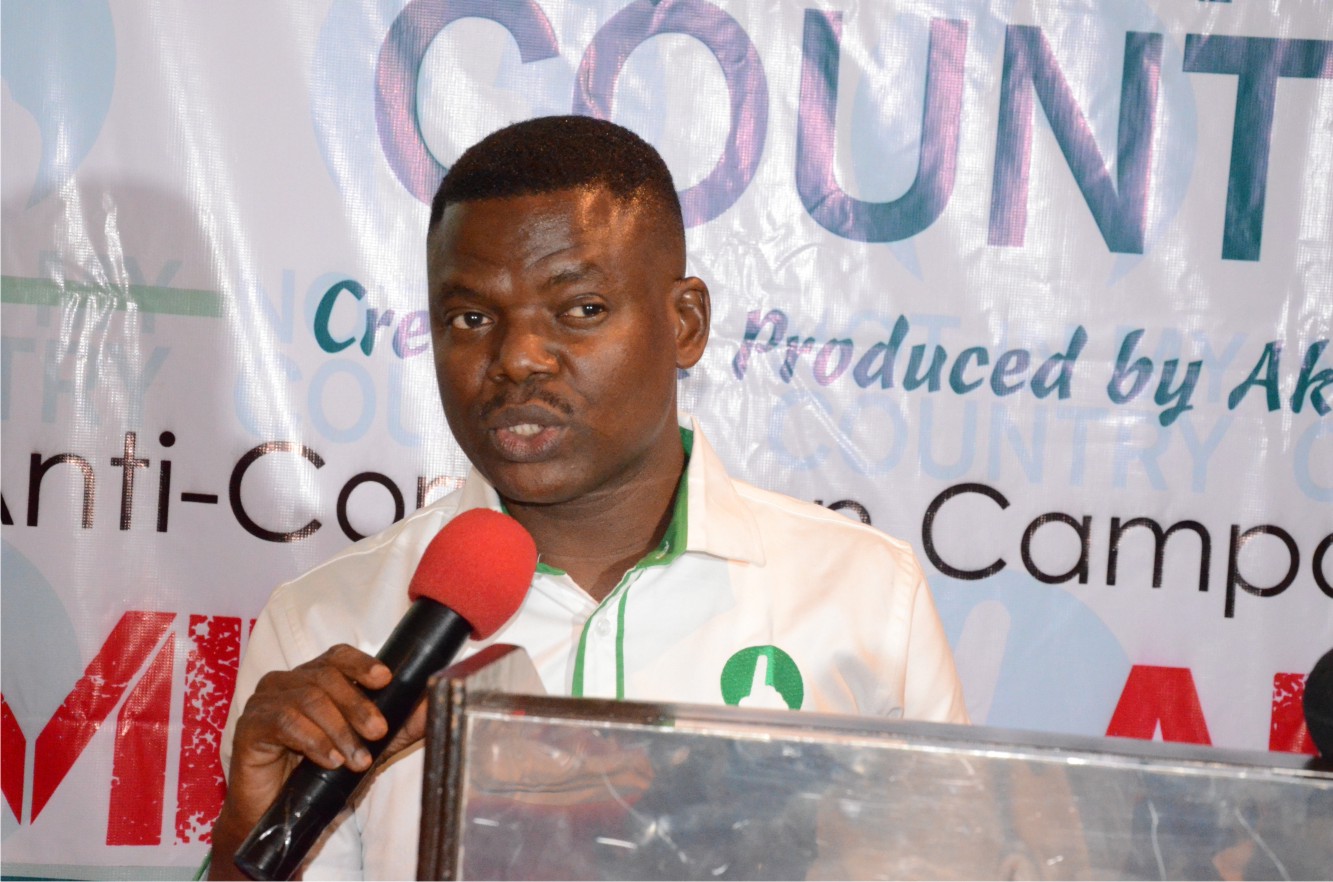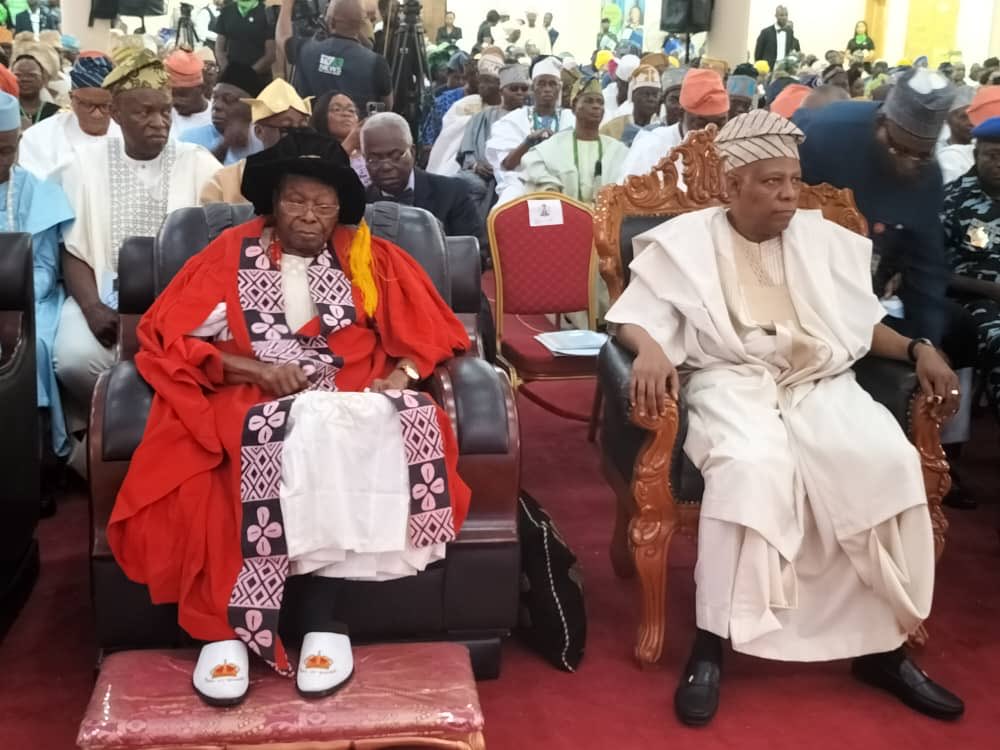Hamzat Lawal, grassroots mobiliser and activist, has shared insights on building resilient non-profit organisations in Africa.
Lawal shared the insights while responding to questions from Kalada Belema Meshack-Hart, the host of a fireside chat, at the ongoing 5th African Women Summit in Nairobi, Kenya.
Speaking at a session titled: ‘How to Build Resilient Non-Profit Organisations’, Lawal shared his experiences on how he started the ‘Follow The Money’ movement, which is now operational in 12 African countries.
The Malala Fund Education campaigner, who is also the chief executive officer of Connected Development (CODE), said: “In 2010, there was lead poisoning in Zamfara state, north-west Nigeria. And at that time, it was reported that over 400 children had died due to artisanal mining.”
Advertisement
“In 2012, I was struggling to get information and knowledge of how the government responded, because at that time, it was declared a national emergency. Then, I was 24 years old,” he said.
“So, I went to the ministry of health, the ministry of mines, and the ministry of environment. And all the officials kept asking me: ‘Who are you? who sent you? Why are you asking?’
“So, I took a risk. I embarked on a trip from Abuja to Gusau (capital of Zamfara), to Anka, and then to Bagega, which in total took me 18 hours.
Advertisement
“And at that time, when I got there, I found out that over 700 children actually died, so it was under-reported. No single cent of the millions of dollars that was approved got to this community.
“So, I started a campaign with a hashtag. We started the Twitter hashtag campaign. The name of the community is Bagega. So, what we did was we create a hashtag called #SaveBagega.
“We started with Twitter, and from there it went to Facebook, and interestingly, in less than 48 hours, something that started on social media found its way to Al Jazeera, BBC, DW and CNN.
“In 72 hours, the president at that time responded and said they had seen our campaign and they have now approved the sum of $5.3 million.”
Advertisement
Lawal reiterated the significance of social media as a catalyst for advocacy and brand resilience, urging participants to be conscious of the need for consistency in messaging and strategic hashtag utilisation.
“It allows you to know how many people have seen your hashtags, the impact and how many people are engaging it. So when you write proposals, you can talk about your reach digitally,” he added.
He also stated that digital storytelling and leveraging free online platforms are important to amplify marginalised voices and hold institutions to account.
Addressing the pitfalls that non-profits must navigate, Lawal emphasised the importance of robust governance structures, stakeholder engagement, and succession planning.
Advertisement
“Now, we are in a phase where we are thinking about building an endowment. The succession plan is the biggest elephant in the room,” he said.
“I want to leave the organisation in such a way that they have a lot of resources, both human capital and financial, but most importantly, something to always fall back to.”
Advertisement
Lawal is also attending the All Africa Media Leaders Summit 2024, while closely monitoring and engaging on a wide range of issues at the ongoing 2024 UN Civil Society Conference ahead of the Summit of The Future in September, as an SDGs award-winning campaigner.
Advertisement
Add a comment
